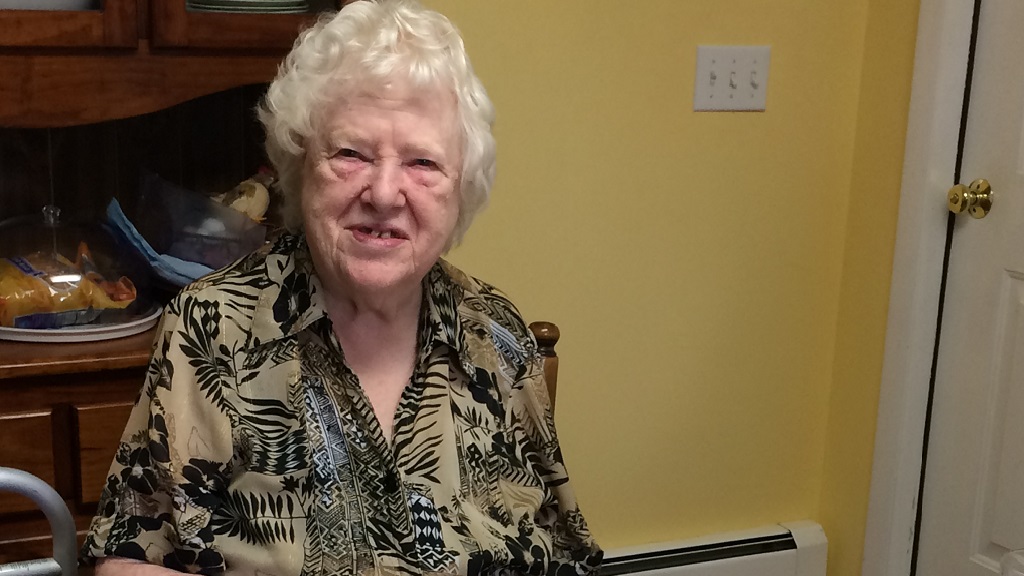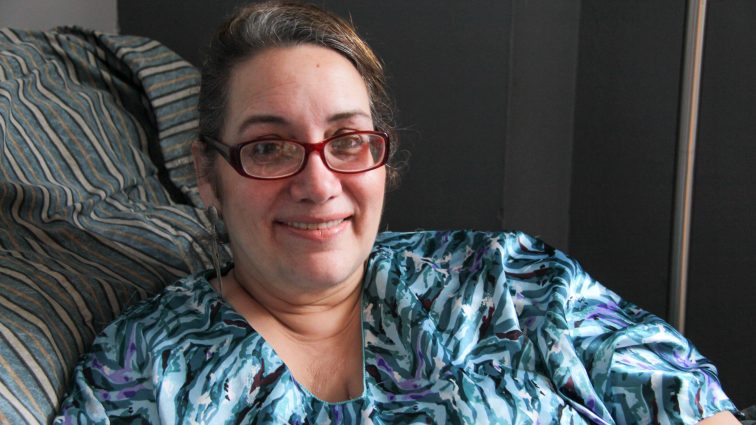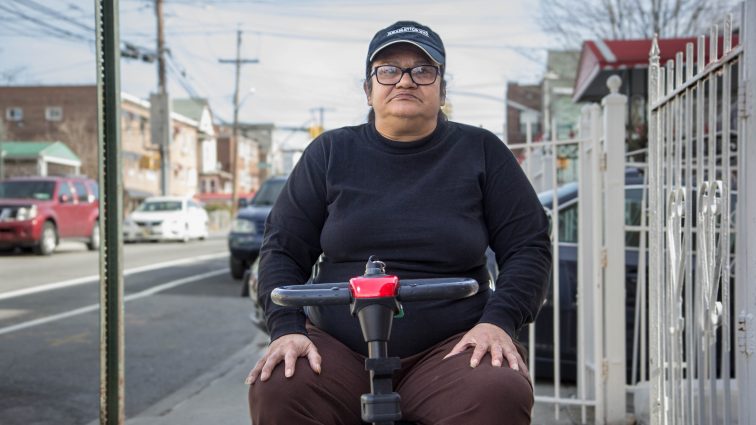 Dorotha Shay is 91 years old and lives in Steuben County in Western New York with her 70-year-old daughter. Her Medicaid Managed Long Term Care (MLTC) plan approved her for home care services so she could continue living in her own home.
Dorotha Shay is 91 years old and lives in Steuben County in Western New York with her 70-year-old daughter. Her Medicaid Managed Long Term Care (MLTC) plan approved her for home care services so she could continue living in her own home.
One day her MLTC plan sent her a notice stating that they would reduce her home attendant hours from 138 to 48 hours per week, a reduction of 72%. Her plan claimed there was a mistake in the previous determination of hours.
Dorotha’s daughter was very concerned that her mother could no longer live at home with fewer hours of home care. She requested an appeal of the plan’s decision, but the plan denied the appeal. She didn’t know that it is quite common for MLTC plans to deny these appeals. She requested a Medicaid Fair Hearing, but didn’t know what to do next.
She contacted the local Office for the Aging, who referred her to Stephanie, an ICAN advocate at Legal Assistance of Western New York. Stephanie reassured her that she had a good chance of winning the Fair Hearing. She guided Dorotha’s daughter through the Fair Hearing process, and helped her obtain medical documentation of need, including a journal of home care tasks and a personal narrative.
With this guidance, she successfully convinced the judge that her mother’s prior approval for 138 hours was not a mistake, but medically necessary. The judge ruled that the plan’s decision to reduce the hours was the mistake, and ordered them to keep Dorotha’s hours at the same level.
Dorotha’s daughter said, “I appreciate the manner in which Stephanie graciously walked me through the appeals process and helped me during this stressful time. She was professional, empathetic, and thorough. I am grateful for the part ICAN and Legal Assistance of Western NY played in allowing me to keep my mother at home. Her medical and social needs are more adequately met with the one-on-one care she receives in a loving and supportive environment.”

Debra has been living with multiple sclerosis for over a decade. In spite of the paralysis and seizures, she has been able to continue living in her own home in the Bronx because of the daily homecare services she receives through her Medicaid managed long term care (MLTC) plan.
After a recent assessment by her plan, Debra was told that her aide’s hours would be cut from 60 to 36. Debra was aghast. “By cutting my hours, the plan was actually threatening my life. I was so worried, I couldn’t take it. I need my aide by my side or I cannot live. This decision was making my health worse; I felt like I was at the end of my rope.” She tried to appeal but her care manager would not return her calls and nobody she contacted could provide information about fair hearings.
Debra contacted ICAN and was connected with, Jake, an advocate at the Medicare Rights Center, an ICAN agency. Jake investigated and discovered that the reduction notice did not provide an appropriate reason for the change in hours, as required by law. When the plan denied Debra’s appeal, Jake filed a complaint with the state detailing how the notice was defective and Debra’s condition had not improved. Eventually, the plan reversed its decision and restored the 60 hours. In addition, the plan assigned a new care manager.
Debra was greatly relieved that the aide’s hours would remain the same. “I can’t thank Jake and ICAN enough! Jake is an angel. He’s my angel.”

Due to a number of medical conditions, including lumbar spine disc herniation, chronic tremor, and cardio-pulmonary disease, Lisa has trouble getting around. She lives in a very hilly area in the Bronx, which makes it impossible for her to travel outside her home with a manual wheelchair. She asked her Managed Long Term Care (MLTC) plan for a motorized scooter, but they denied her request due to lack of medical necessity.
With a monthly income of only $823, Lisa was not able to afford the price of the expensive scooter. She turned to ICAN for help. Her advocate at the Center for the Independence of the Disabled, New York (CIDNY) knew what to do. First, she gathered medical documentation from her doctors to show Lisa’s need for a motorized scooter. Then she helped Lisa apply for a Fair Hearing. The Fair Hearing resulted in a favorable decision and coverage for a scooter. Lisa was overjoyed.
“If it wasn’t for ICAN and the work they do, I wouldn’t have received my motorized scooter. I would be totally homebound without their help.”

Tamara and her husband both needed round-the-clock home care services to continue living in their home in Staten Island. At 83 years old, she suffered from memory issues, diabetes, arthritis, and difficulty walking. Sadly, Tamara’s husband passed away last year. However, because her Medicaid insurance plan thought that the 24-hour care was only for her husband’s needs, they immediately proposed to reduce her services to 6 hours a day. This would have left her aides without enough time to prepare meals, remind her to take her medications, and help her get dressed and bathed. “It would have been very difficult. I don’t know how we would have managed,” said her son.
ICAN helped Tamara to apply for a Fair Hearing. An ICAN advocate helped her obtain the necessary documentation. They received a decision in their favor, ordering the insurance plan to reinstate the 24-hour care.
Now Tamara could grieve her loss in peace. “Thank you for helping our family throughout this difficult process,” said her son. “We can rest easy knowing she is getting the assistance she needs to live safely at home.”
 Dorotha Shay is 91 years old and lives in Steuben County in Western New York with her 70-year-old daughter. Her Medicaid Managed Long Term Care (MLTC) plan approved her for home care services so she could continue living in her own home.
Dorotha Shay is 91 years old and lives in Steuben County in Western New York with her 70-year-old daughter. Her Medicaid Managed Long Term Care (MLTC) plan approved her for home care services so she could continue living in her own home.

